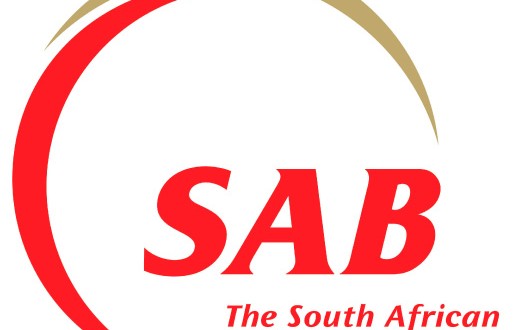Strategies for Developing a Strong Professional Work Ethic

Introduction:
A strong work ethic is a vital attribute that sets apart successful professionals from the rest. It encompasses a range of qualities such as dedication, integrity, discipline, and a commitment to excellence. Cultivating a strong work ethic is not only beneficial for personal growth and career advancement but also contributes to a positive work environment and overall productivity. In this article, we will explore effective strategies to develop and enhance your professional work ethic.
- Set Clear Goals and Priorities:
To develop a strong work ethic, it is essential to set clear goals and establish priorities. Identify what you want to achieve in your professional life and break it down into smaller, manageable objectives. By having a clear direction, you can align your efforts and energy towards accomplishing your goals. Additionally, prioritize tasks based on their importance and urgency to ensure that your work is focused and purposeful.
- Embrace Discipline and Time Management:
Discipline and effective time management play crucial roles in developing a strong work ethic. Create a schedule that outlines your work hours, deadlines, and specific tasks to be accomplished. Avoid procrastination by tackling challenging tasks first and avoiding distractions. Take breaks when needed but maintain a disciplined approach to your work. By optimizing your time and staying committed to your schedule, you can develop a disciplined work ethic that fosters productivity and efficiency.
- Maintain Professionalism:
Professionalism is fundamental to building a strong work ethic. It involves displaying integrity, respect, and accountability in all your professional interactions. Be punctual, meet deadlines, and honor commitments. Take responsibility for your actions and avoid engaging in gossip or negative behaviors that can hinder your professional growth. Maintaining professionalism not only earns the respect of colleagues and superiors but also helps create a positive and conducive work environment.
- Continuously Improve Your Skills:
A strong work ethic requires a commitment to personal and professional growth. Stay updated with industry trends, advancements, and best practices in your field. Seek opportunities to enhance your skills through training, workshops, or certifications. Actively seek feedback from supervisors and peers to identify areas for improvement. By constantly investing in your development, you demonstrate a proactive approach to your work and foster a culture of excellence.
- Cultivate a Positive Attitude:
A positive attitude is a powerful asset when it comes to developing a strong work ethic. Embrace challenges as opportunities for growth and learning. Approach tasks with enthusiasm, resilience, and a solution-oriented mindset. Avoid negativity and cultivate a positive work environment by supporting and encouraging your colleagues. A positive attitude not only boosts your own productivity and satisfaction but also inspires those around you to excel.
- Foster Effective Communication:
Effective communication is essential for building strong professional relationships and ensuring clarity in the workplace. Develop strong listening skills, convey your thoughts articulately, and seek feedback when necessary. Be open to collaboration, value diverse perspectives, and communicate respectfully even in challenging situations. Good communication fosters trust, reduces misunderstandings, and promotes a culture of transparency and productivity.
Conclusion:
Developing a strong work ethic is an ongoing process that requires dedication, self-discipline, and a commitment to personal growth. By setting clear goals, embracing discipline and time management, maintaining professionalism, continuously improving skills, cultivating a positive attitude, and fostering effective communication, you can enhance your professional work ethic and set yourself up for success. Remember, a strong work ethic not only benefits your individual career but also contributes to a positive and thriving work environment.

